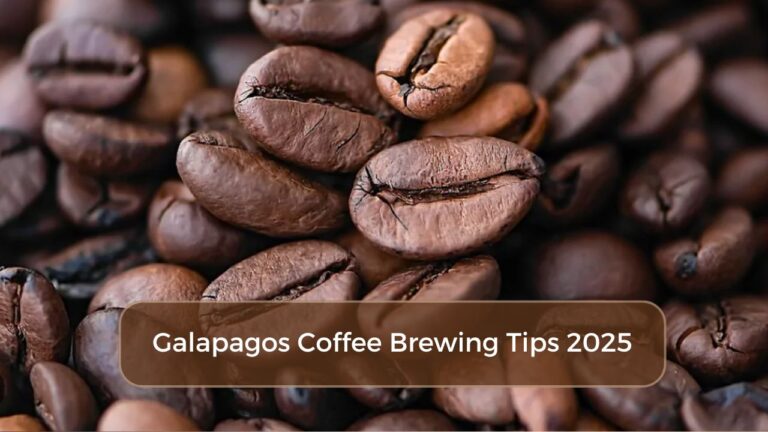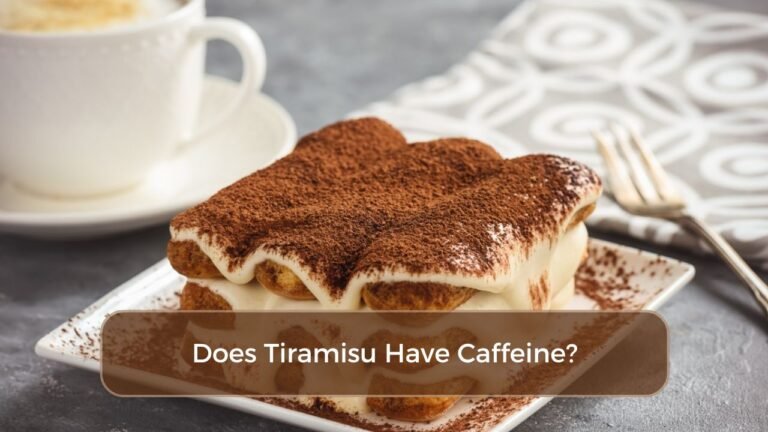Caffeine In Creamers: What You Should Know In 2025
Millions of people reach for their favorite cup of coffee each morning, a ritual steeped in history and comfort. Enter the world of caffeine-infused creamers, an innovative twist on traditional creamers that promises to elevate your daily caffeine fix.
These liquid enhancers not only enhance taste but also pack a punch of energy with flavors ranging from caramel macchiato to hazelnut bliss. Our coffee experience is being transformed by caffeinated creamers in an era of customization.
Discover what makes caffeine in creamers a fascinating topic worth exploring-from its potential benefits to its impact on our daily lives.
What Types of Ingredients Do Coffee Creamers Contain?
Most creamers are not dairy-rich, although they might seem luxurious when first poured into your cup. Their texture and taste are created with vegetable oils and sweeteners instead of cream.
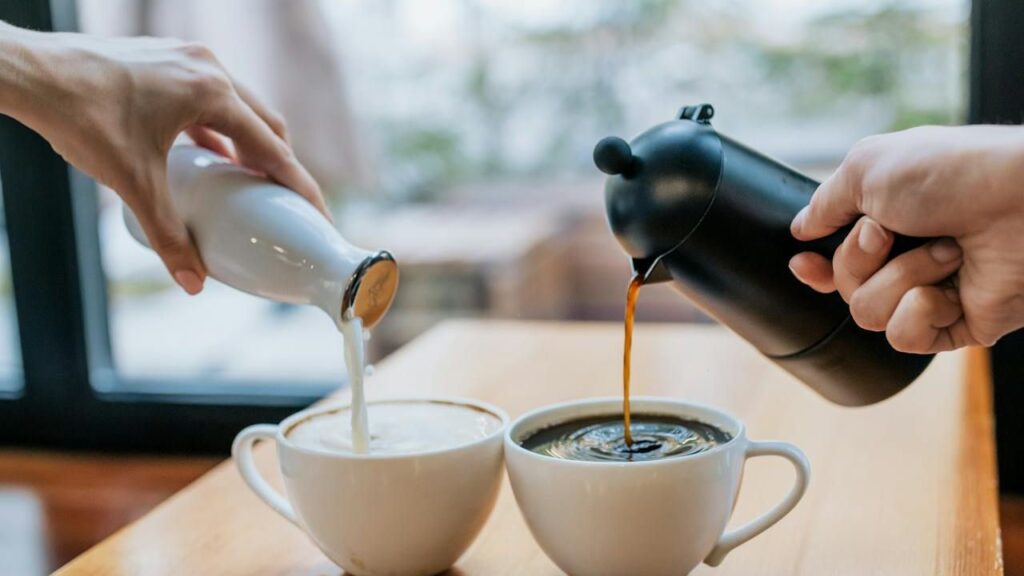
This combination can raise eyebrows for health-conscious individuals or those monitoring their caffeine intake, as these creamers lack the benefits of authentic dairy while packing in calories often hidden behind deceptively enticing flavors.
Ingredients in Coffee Mate and International Delight Creamers
Here are the ingredients that are included in both these creamers:
- Corn Syrup Solids
- Hydrogenated Vegetable Oil
- Sodium Caseinate
- Dipotassium Phosphate
- Sodium Aluminosilicate
- Mono- and Diglycerides
- Annatto Colors and Artificial Flavors
Caffeine In Creamers
Curious about whether does Coffee Mate have caffeine? Most of their creamers are caffeine-free, but some may include added caffeine in certain flavors. Caffeine-infused creamers like Rapid Fire Ketogenic Turbo can revolutionize your morning ritual for coffee lovers.

A single tablespoon packs twice the caffeine of a traditional cup of joe, making it a powerful elixir rivaling two cups. This creamer not only saves you from brewing multiple pots or lining up for an additional espresso at your local café but also adds a bold flavor profile to your tea or coffee without compromising your dietary restrictions.
How Much Caffeine Per Day Is Safe?
Cutting back on caffeine does not have to feel like a daunting challenge, it can be an opportunity to explore new flavors and rituals. The switch to alternatives like herbal teas or brewed chicory can provide a similar warmth without the intensity of caffeine levels.
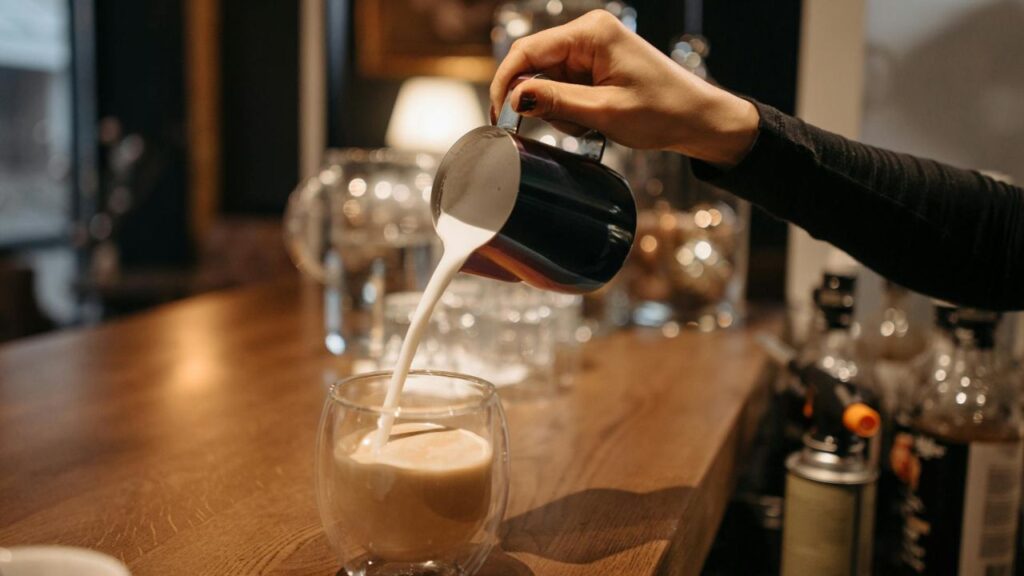
These substitutes not only reduce your daily dose but also open doors to unique taste experiences, chicory offers a nutty undertone, while herbal infusions can introduce delightful aromatics that elevate your relaxation routine. Staying mindful of hidden caffeine sources are essential for anyone looking to decrease their intake.
Reasons To Lower Your Caffeine Intake
If you’re looking for an energy boost, you might ask, is there caffeine in coffee creamer, and most traditional creamers don’t include it. Reducing your caffeine intake can lead to a surprising clarity of mind that many overlook while caffeine provides a quick energy boost, long-term reliance can mask underlying fatigue and stress levels.
You May Sleep Better
Caffeine is celebrated for its ability to boost alertness and elevate moods and can paradoxically contribute to a cycle of fatigue. Many people underestimate the impact that even moderate caffeine consumption can have on their sleep architecture. Studies indicate that caffeine disrupts deep and restorative sleep phases, leading to a shallow sleep experience filled with interruptions.

You’ll Feel Less Anxious
Caffeine serves as a quick pick-me-up, offering that much-coveted burst of energy to kickstart our day or bolster our productivity. This paradox leaves them in a tricky situation: craving the alertness coffee provides while grappling with racing hearts and overactive minds. It is essential to recognize this relationship between caffeine and heightened anxiety levels as not just a personal anecdote but rather a physiological response that varies from person to person.
You’ll Be Less Dependent On It
Reducing your daily caffeine consumption can lead to remarkable changes in how both your body and mind function. Regular intake of caffeinated beverages can alter the brain’s chemical balance, making you not only reliant on that morning cup but also subjecting your mood and energy levels to its whims. The craving for caffeine becomes a powerful motivator, overshadowing basic needs like adequate sleep or nutrition.
Your Body Will Obserb Nutrients Better
It is fascinating to consider how our favorite morning pick-me-up could be sabotaging our nutritional health, when we consume caffeine in excess, it doesn’t just fuel our energy levels, it can also interfere with the absorption of essential nutrients like B vitamins, calcium, and iron. The culprit behind this intriguing paradox is believed to be tannins, compounds found in caffeinated beverages that bind with these vital minerals.
Lower Blood Pressure
Caffeine’s circulatory benefits and risks present a complex dichotomy that invites us to rethink our relationship with this popular stimulant. Some studies suggest that moderate caffeine consumption could enhance blood circulation and even support the cardiovascular system by promoting vasodilation, it is essential to tread carefully, especially for those with existing heart conditions.

Best Coffee Creamer Substitute Options
If you aree curious, does creamer have caffeine, the answer is no, unless it is specifically formulated with caffeine added. Here are several popular substitutes that you can use instead of coffee creamer.
Oat Milk
It has emerged as a game-changer in the dairy alternative landscape, captivating consumers with its creamy texture and mild sweetness. It offers a versatile base that seamlessly blends into coffee, smoothies, and baking recipes.
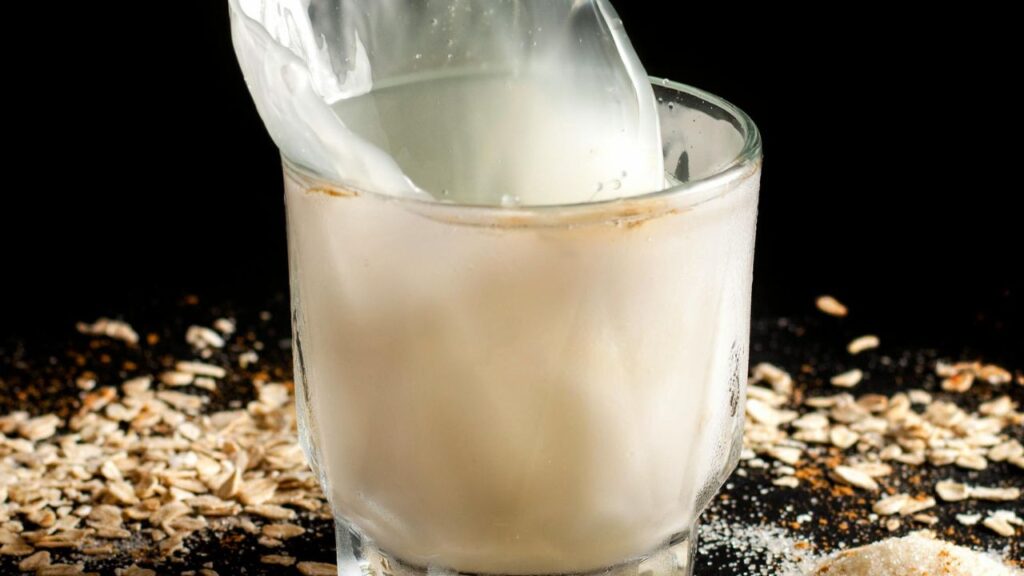
Its natural thickness makes it an ideal companion for baristas crafting lattes that froth beautifully, providing a satisfying sip for those avoiding traditional dairy. It also presents compelling nutritional benefits. They are rich in beta-glucans, a type of soluble fiber known to support heart health by helping to lower cholesterol levels
Almond Milk
It has surged in popularity, becoming a staple in grocery stores and cafes alike, particularly for those seeking dairy alternatives. Its mildly nutty flavor adds an alluring dimension to beverages like coffee and tea, providing a delightful twist that elevates the everyday sipping experience.
They not only offer a creamy texture but also blend into recipes ranging from smoothies to baked goods. Its rise may come with caution for individuals with nut allergies, the very components that make almond milk appealing can pose a significant risk.
Fat-Free Or Lower Fat Milk
Milk stands as a steadfast companion in the world of coffee companions, effortlessly blending into our beloved brews. It may not match the intensity of cream or those luxurious non-dairy alternatives but its versatility shines brightly.
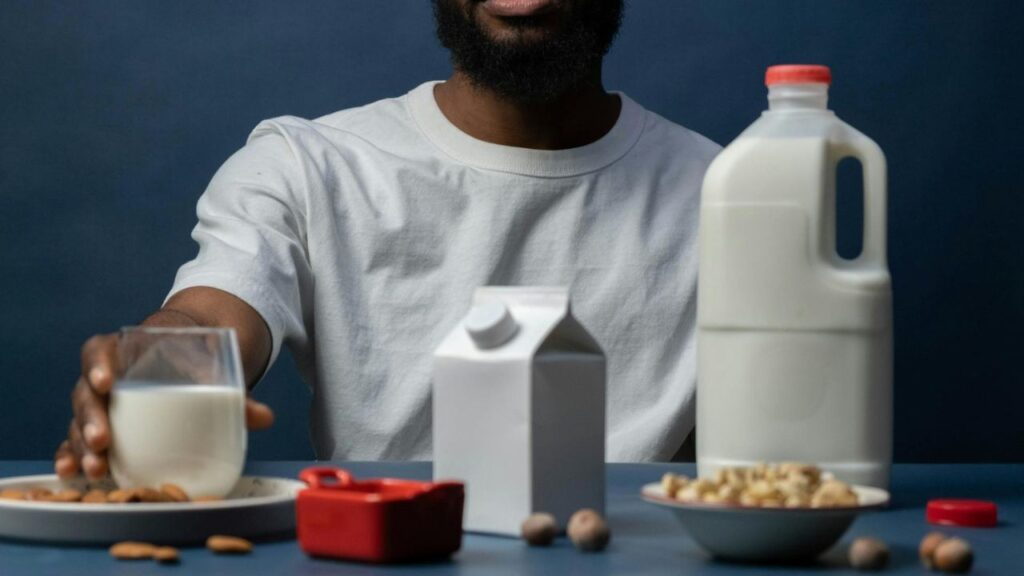
Each choice crafts a unique experience with options ranging from fat-free to whole milk while accommodating various dietary preferences. Low fat or fat free varieties offer an opportunity to indulge for the health-conscious without the guilt, remember that flavor intensity may take a backseat.
Coconut Milk
It is making waves in the coffee world, offering a creamy texture and rich flavor that elevate your morning brew without compromising dietary needs. It provides a natural sweetness and an indulgent mouthfeel, all while being gentle on your wallet.
It stands as an economical choice with prices comparable to almond or oat milk for those seeking to enhance their beverages. Packed with medium-chain triglycerides (MCTs), it not only satiates hunger but also promotes energy and mental clarity, perfect for kickstarting your day.
Conclusion
Caffeine in creamers offer a twist on a familiar routine, inviting consumers to explore new textures and flavors while still reaping that much-needed energy boost. This growing trend not only caters to those seeking convenience but also appeals to adventurous coffee lovers who appreciate the chance to customize their caffeine intake without compromising on taste. These caffeinated creamers can fundamentally alter how we perceive our daily caffeine consumption.
FAQs
What Do You Know About Coffee Maker Wattage?
Most standard coffee maker’s wattage operates between 600 to 1,200 watts, which plays a significant role in how quickly your brew cycles through the process. Higher wattage usually translates to faster heating elements, meaning you can enjoy that first cup of aromatic brew sooner than with lower-powered options
Does Coffee Creamer Have Caffeine?
No, most conventional creamers, whether liquid or powdered, are caffeine-free. That does not mean they lack intrigue. Some specialty creamers may infuse flavors with a boost of caffeine as part of their selling point.
Does International Delight Have Caffeine?
Most International Delight creamers are caffeine-free, allowing you to indulge in your favorite flavors without the jitters associated with traditional coffee. This makes them an ideal choice for those who enjoy a delightful enhancement to their beverages without additional stimulation.


